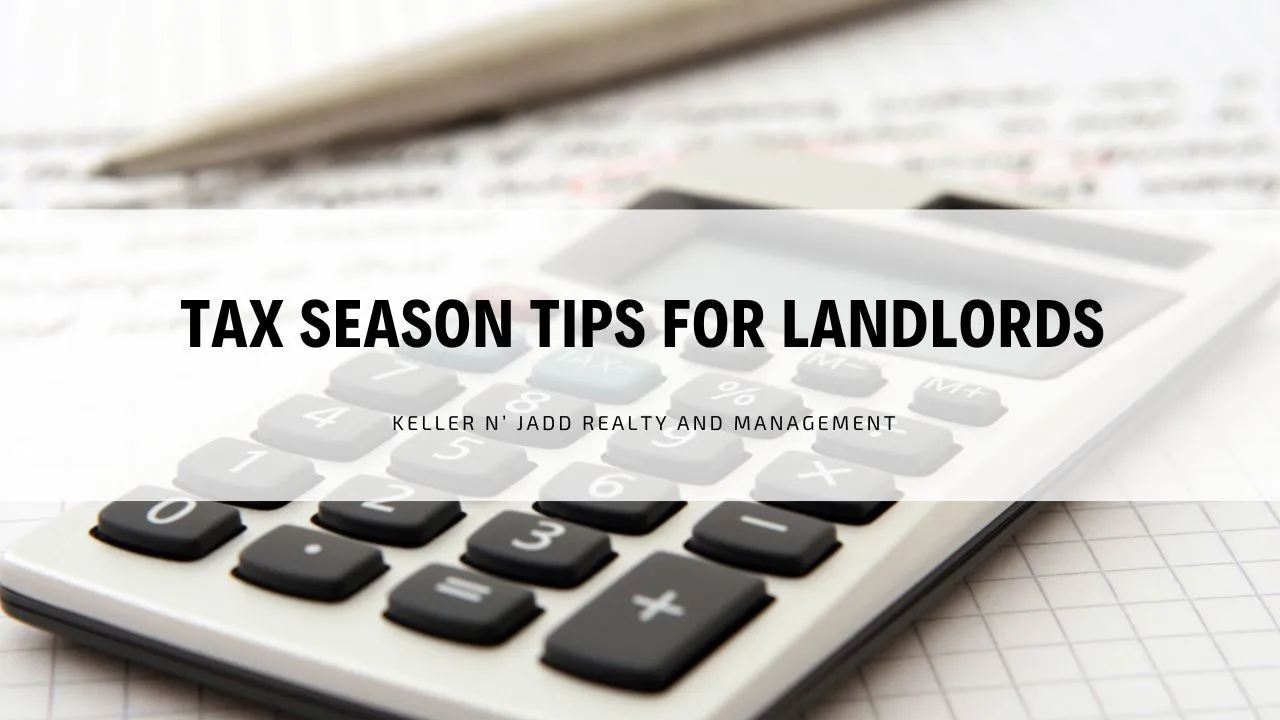Key Takeaway
- What Counts as Rental Income: Rental income isn’t limited to monthly rent—it also includes advance payments, retained security deposits, tenant-paid expenses, and even bartered services. Knowing what qualifies helps ensure accurate tax reporting.
- Maximize Deductions to Reduce Taxable Income: Landlords can deduct expenses like depreciation, insurance premiums, maintenance costs, and property management fees. Taking full advantage of these deductions can significantly reduce your tax burden.
- Keep Thorough Records Year-Round: Strong documentation—including lease agreements, receipts, legal records, and past tax returns—is essential for claiming deductions and staying prepared for an audit.
- Property Managers Simplifie Tax Season: A trusted property management company can handle record-keeping, expense tracking, and tax documentation—making your job easier and your business more compliant.
As a rental property owner, it’s essential to understand how the IRS taxes your rental income. While many think of rental income as just the monthly rent checks, the IRS takes a broader view.
Rental income can also include advance payments, lease termination fees, security deposits (if retained), tenant-covered expenses, and even services or goods exchanged in place of cash.
Whether you’re new to real estate investing or have years of experience, knowing what counts as income and how to manage your tax responsibilities is critical.
With economic shifts, rising rents, and tenant uncertainties still affecting the rental landscape, taking control of your tax strategy is more important than ever to protect your profits and stay compliant.
In this guide from Keller n’ Jadd Realty & Management, we’ll cover essential tax tips for landlords, common deductions, and strategies to help you stay organized year-round.
Know What Qualifies as Rental Income
When you lease out a property, the IRS considers almost all earnings tied to its use as rental income.
This includes:
- Monthly Rent: The regular monthly price tenants make for occupying your property.
- Advance Rent: Payments made before they are due must be reported as income for the year received.
- Security Deposits: If a deposit is kept due to lease violations or damages, it becomes taxable income.
- Early Lease Termination Fees: Any compensation a tenant pays to break the lease counts as income.
- Tenant-Paid Expenses: If your tenant pays for things you would typically cover, such as utilities or repairs, that amount is considered income.
- Bartered Services or Goods: If tenants provide services (e.g., landscaping) in place of rent, the fair market value of that work must be reported as income.
Given the range of what qualifies, it's easy to see how managing rental property taxes can become complex. Staying on top of these details helps you avoid costly mistakes and maintain the financial health of your rental business.
Maximize Your Tax Savings with Key Deductions
One of the most effective ways to protect your rental income is by taking full advantage of available tax deductions. These deductions directly reduce your taxable income and can significantly improve your year-end bottom line.
Here are some major deductible expenses landlords can claim:
- Depreciation: The IRS allows you to recover the cost of your rental property over its useful life, typically 27.5 years for residential properties. This yearly depreciation deduction accounts for the wear and tear on your property and lowers your taxable income, even though it's a non-cash expense.
- Insurance Premiums: Premiums for landlord-specific insurance policies, including those covering liability, fire, or flood damage, are fully deductible. These are considered necessary business expenses for protecting your investment.
- Repairs and Maintenance: Routine repairs like fixing leaks, replacing broken windows, or repainting walls are deductible in the year they’re made. However, improvements that add long-term value, like roof replacements or kitchen remodels, must be capitalized and depreciated over time.
- Property Management Fees: If you hire a property management company, you can deduct their fees. These include costs related to tenant placement, rent collection, maintenance coordination, inspections, and overall administration.


